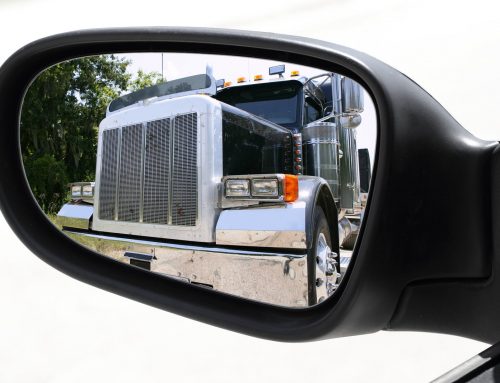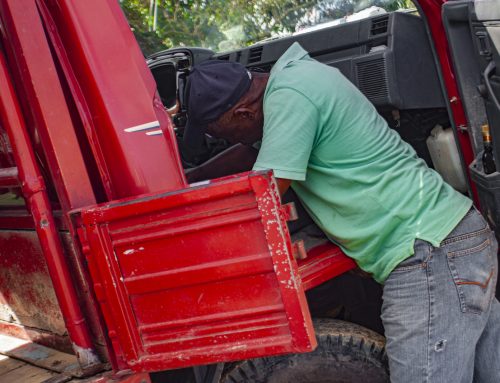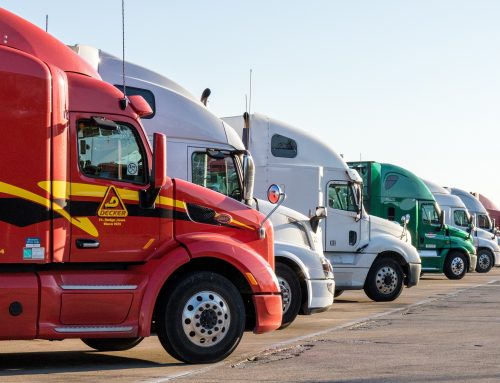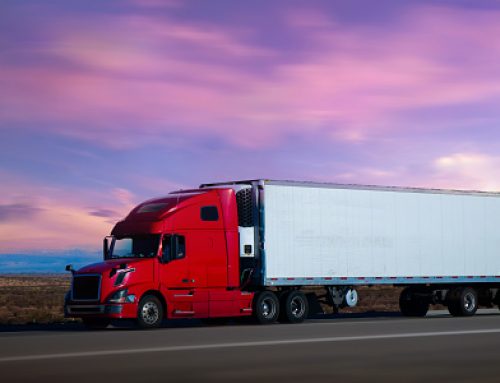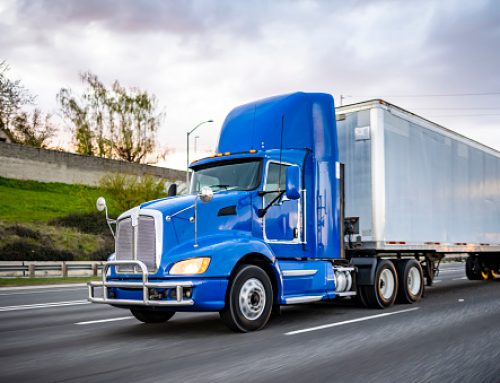When it comes to the impact of Brexit on HGV drivers, everything is still not clear cut. We have voted to leave the European Union trading bloc officially on 31 January 2020 and finished the transition period on 31 December 2020. Now, what is going to happen?
As to how exactly Brexit will affect the haulage industry is still unclear to us but we can anticipate some elements that depend on trade rules implemented under the EU. For instance, we are no longer free to move freely in the EU unless we get a visa for a 90-day stay (or longer). Due to increased security in borders, there will be more custom checks which will lead to slowdowns and delays in the transport of goods in and out of the UK. On the part of HGV drivers, they might be required to acquire additional licences or accomplish CPC checks.
A deal between the EU and the UK has finally been agreed. This includes the free movement of goods between these territories. How will the deal impact driver recruitment and HGV drivers? You have to take note that the haulage industry is already experiencing a scarcity of skilled drivers and this may or may not worsen after Brexit.
Since the freedom of movement for people no longer exists after Brexit, numerous EU workers that are employed by haulage companies in the UK might decide to go back home or transfer to another EU country to find work. However, our level of certainty about this issue isn’t that clear because we are still in the primary phase of our final withdrawal from the EU. Although the UK government has declared that EU citizens living in the UK can remain and we will likely see a final decision regarding this matter within a few months from now.
Another impact that Brexit puts on the haulage industry is its influence on the value of the pound. Due to the Brexit referendum, the value of the pound has been decreasing. The decrease in its value makes wages here in the UK less appealing to skilled drivers from the EU. Aside from that, the decrease in the value of our currency makes it harder for haulage companies to recruit new drivers from abroad and harder for them to keep their existing drivers who come from the EU.
The freedom to work and live between the two territories does not exist anymore. If citizens from the UK would want to go to the EU, a stay of more than 90 days would require them to apply for a visa. However, immigration policies with criteria based on income were proposed and debated. The government is still not done consulting experts regarding this matter though, as these criteria will highly impact the ability of haulage companies to hire new HGV drivers.
For the cargo and transport sector, the shortage of HGV drivers and Brexit are their top concerns and it seems like resolution can only be finalised ‘when we finally get there’.
When driving internationally, the exact regulations are still not finalised. However, we can all expect that a UK drivers’ licence may be accepted in the EU after Brexit. Although we are hoping that they will, there is a chance that they won’t. In this case, HGV drivers might be required to acquire additional driver permits that will allow them to drive within the EU. However, drivers who will be going to Ireland need not worry as they don’t require additional licences.
Before Brexit, HGV drivers only need to acquire the standard international operator’s licence in order to drive within the EU and EEA territories. For territories like Switzerland, Norway and France, drivers would need the ECMT permit though. For Ireland and Northern Ireland, HGV can simply present their community licence to get through.
For the sake of preparing for any outcome, HGV drivers need to acquire the Driver CPC to become a qualified lorry driver in the UK and overseas. Our government has also stated that they will recognise Driver CPC licences from countries in the EU after Brexit and intends to keep it that way. However, if a change in administration will turn up, a change in the regulations is possible.
A lot of opinions have been expressed about making the driving laws in the UK a bit lenient, completely abolishing the Driver CPC qualifications and relaxing the laws for driving hours. These are just opinions until now and it may or may not be put into legislation. With regards to the current rules that apply to haulage operators and drivers, it is unlikely that our government will impose drastic changes at this point in time. They will more than likely concentrate on building a seamless transition and trade agreement with the EU. If any changes will be added, it will be consulted and debated between the experts before it will be implemented.
So expect the same laws regarding HGV drivers and haulage sector (those that are applicable in the UK) to stay the same.
As a summary, the Brexit transition period finally ended on 31 December 2020. However, not all matters about trade and other issues have been smoothed out completely so we will likely continue to experience a transition-like phase within this year.
The best thing to do is to stay updated with matters regarding Brexit. Although we suspect that nothing drastic and major will happen immediately, there are a lot of things that the haulage sector needs to prepare for. Because the deal has been made, businesses need to adapt to survive. That is the key to any successful enterprise.
So if you are keen on getting your career moving and develop your ability to drive HGVs, come and learn from one of the best truck schools in Swindon and the UK! For more details about Category C – Rigid Lorry, Category C+E – Articulated Lorry, Module 4 CPC – Training and in house Testing, Category C & C+E Refresher Training, C+E Reversing Assessment Training and Category B&E Training, call Truck School Swindon on 07813596593 or fill out the contact form today!



